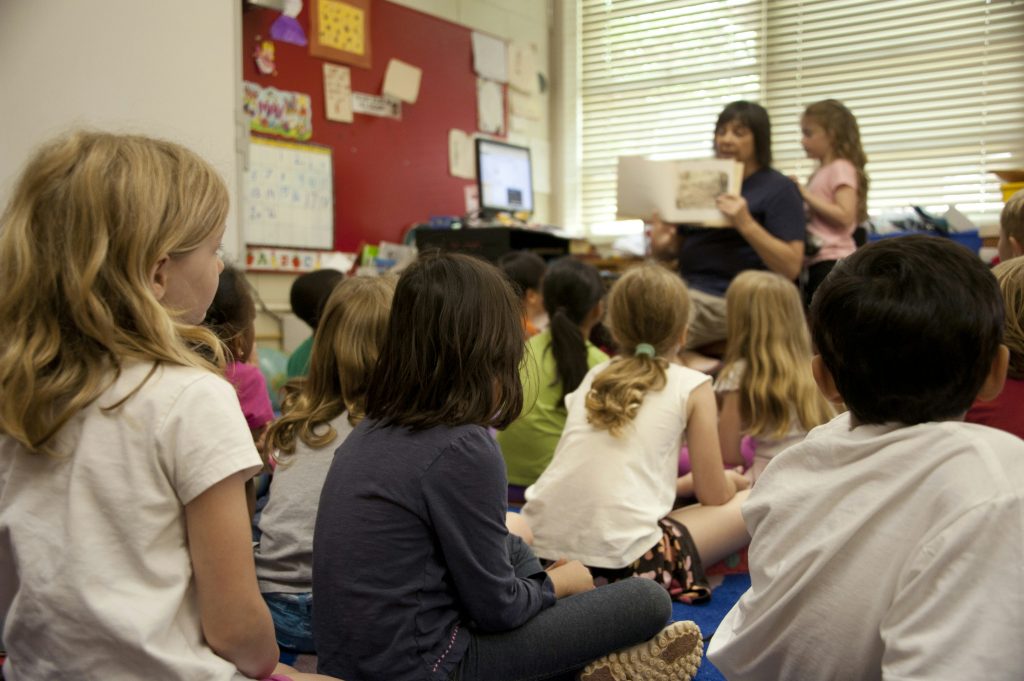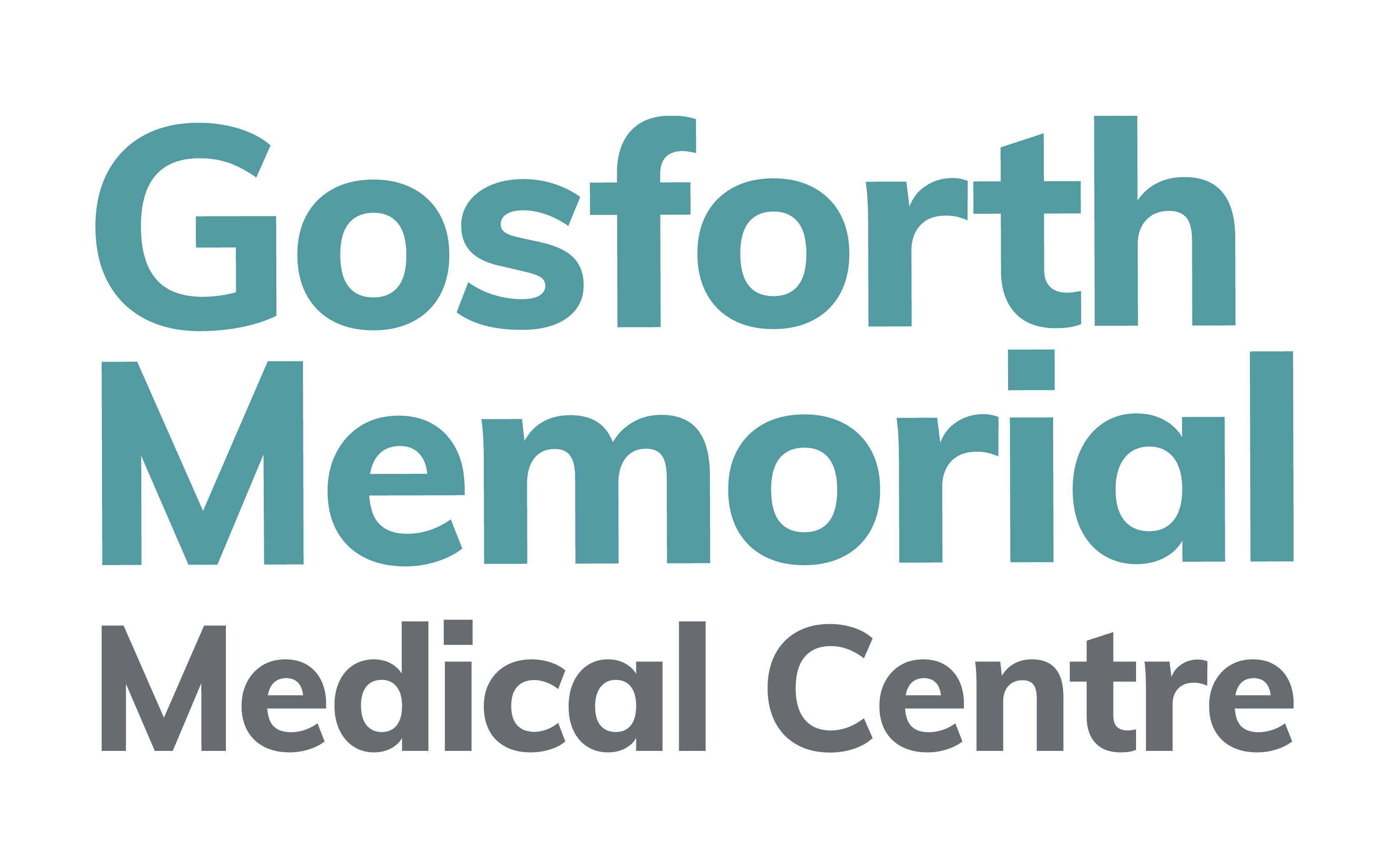My Voice Matters: Children’s Mental Health Week
Today marks the start of Children’s Mental Health Week.
This year’s theme is ‘My Voice Matters’ and is about giving children and young people the tools they need to express themselves.
Here’s how we can do it and why it’s so important.
Declining Mental Health
More and more children and young people are experiencing mental health issues.
The Children’s Society says that the likelihood of 5-16-year-olds developing a mental health problem has gone up by 50% in the last three years.
Changes such as moving house, starting a new school, or a baby brother or sister can all be triggers for anxiety and worry, just as they can be for happiness and excitement.
In older children and teenagers, changes in their bodies and minds as they develop and search for their own identity can create emotional turmoil.
Traumatic events children encounter – as well as the collective trauma of the pandemic – also play a big part, especially for those already vulnerable.
It amounts to this: In a class of thirty 5-16-year-olds, five of them may have mental health issues.

Early awareness and support are vital as at least half of the mental health problems experienced in later life will have started to develop before the age of 14.
My Voice Matters
This year’s theme is empowering children and young people to say – and believe – ‘My Voice Matters’.
This means giving kids the tools to talk about their mental health and for parents, guardians, or teachers to be able to listen and acknowledge what children tell them.
Children’s Mental Health Charity, Place2Be, has created fantastic resources for discussing mental health with children.
These were the things Primary and Secondary school children needed from adults.


From making conversations about how we’re feeling part of everyday life, to listening respectfully without interruption, there are many helpful suggestions to help young people feel able and confident to discuss their mental health.
Resources are made specifically for – and with – children and young people to help others like them.
You can explore everything available, including activity ideas, videos and advice for parents and carers at childrensmentalhealthweek.org.uk/families.
Getting Support for Children and Young People
Across the NHS, schools, and charities, a range of support services is available to children and young people.
You may need a referral from a GP, teacher, or social worker to access these services. A conversation with a school teacher could be a good starting point.
The options can include the following:
- self-help support and advice, including online guides and apps
- talking therapies, such as cognitive behavioural therapy (CBT),
- counselling and family therapy – these may be offered face-to-face, online, through an app or on the phone
- medicines – these may be offered as well as talking therapies
- support in hospital if you need it
- referral to other services, such as social care, housing, education services, charities, and other NHS services
You can find more information on accessing mental health support for children and young people on the NHS website.
